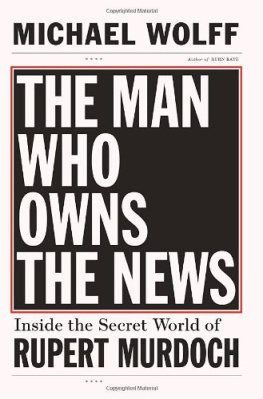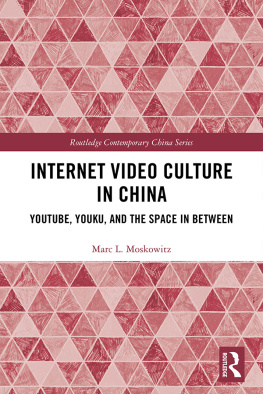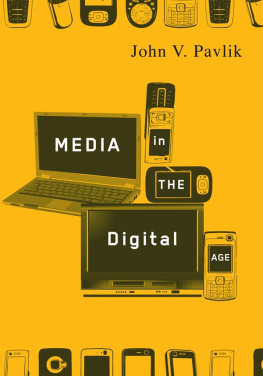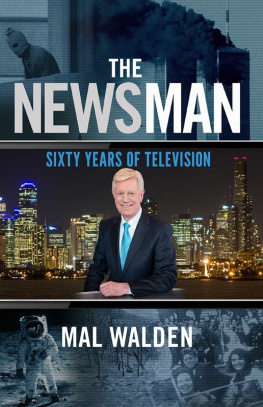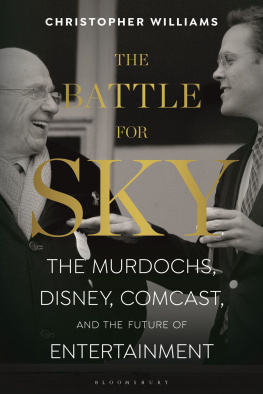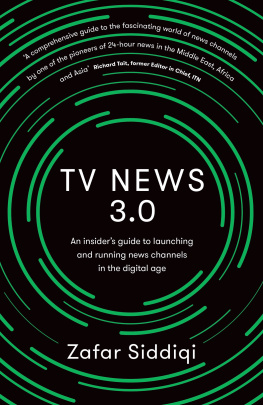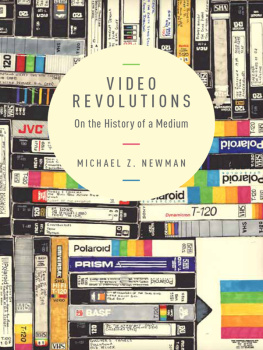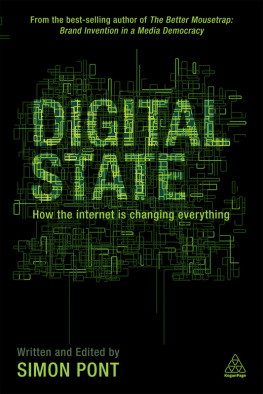Michael Wolff - Television Is the New Television: The Unexpected Triumph of Old Media in the Digital Age
Here you can read online Michael Wolff - Television Is the New Television: The Unexpected Triumph of Old Media in the Digital Age full text of the book (entire story) in english for free. Download pdf and epub, get meaning, cover and reviews about this ebook. year: 2015, publisher: Portfolio, genre: Politics. Description of the work, (preface) as well as reviews are available. Best literature library LitArk.com created for fans of good reading and offers a wide selection of genres:
Romance novel
Science fiction
Adventure
Detective
Science
History
Home and family
Prose
Art
Politics
Computer
Non-fiction
Religion
Business
Children
Humor
Choose a favorite category and find really read worthwhile books. Enjoy immersion in the world of imagination, feel the emotions of the characters or learn something new for yourself, make an fascinating discovery.

- Book:Television Is the New Television: The Unexpected Triumph of Old Media in the Digital Age
- Author:
- Publisher:Portfolio
- Genre:
- Year:2015
- Rating:5 / 5
- Favourites:Add to favourites
- Your mark:
Television Is the New Television: The Unexpected Triumph of Old Media in the Digital Age: summary, description and annotation
We offer to read an annotation, description, summary or preface (depends on what the author of the book "Television Is the New Television: The Unexpected Triumph of Old Media in the Digital Age" wrote himself). If you haven't found the necessary information about the book — write in the comments, we will try to find it.
This is a book about what happens when the smartest people in the room decide something is inevitable, and yet it doesnt come to pass. What happens when omens have been misread, tea leaves misinterpreted, gurus embarrassed?
Twenty years after the Netscape IPO, ten years after the birth of YouTube, and five years after the first iPad, the Internet has still not destroyed the giants of old media. CBS, News Corp, Disney, Comcast, Time Warner, and their peers are still alive, kicking, and making big bucks. The New York Times still earns far more from print ads than from digital ads. Super Bowl commercials are more valuable than ever. Banner ad space on Yahoo can be bought for a relative pittance.
Sure, the darlings of new mediaBuzzfeed, HuffPo, Politico, and many morekeep attracting ever more traffic, in some cases truly phenomenal traffic. But as Michael Wolff shows in this fascinating and sure-to-be-controversial book, their buzz and venture financing rounds are based on assumptions that were wrong from the start, and become more wrong with each passing year. The consequences of this folly are far reaching for anyone who cares about good journalism, enjoys bingeing on Netflix, works with advertising, or plans to have a role in the future of the Internet.
Wolff set out to write an honest guide to the changing media landscape, based on a clear-eyed evaluation of who really makes money and how. His conclusion: The Web, social media, and various mobile platforms are not the new television. Television is the new television.
We all know that Google and Facebook are thriving by selling online adsbut theyre aggregators, not content creators. As major brands conclude that banner ads next to text basically dont work, the value of digital traffic to content-driven sites has plummeted, while the value of a television audience continues to rise. Even if millions now watch television on their phones via their Netflix, Hulu, and HBO GO apps, that doesnt change the balance of power. Television by any other name is the game everybody is trying to winincluding outlets like The Wall Street Journal that never used to play the game at all.
Drawing on his unparalleled sources in corner offices from Rockefeller Center to Beverly Hills, Wolff tells us whats really going on, which emperors have no clothes, and which supposed geniuses are due for a major fall. Whether he riles you or makes you cheer, his book will change how you think about media, technology, and the way we live now.
Michael Wolff: author's other books
Who wrote Television Is the New Television: The Unexpected Triumph of Old Media in the Digital Age? Find out the surname, the name of the author of the book and a list of all author's works by series.

